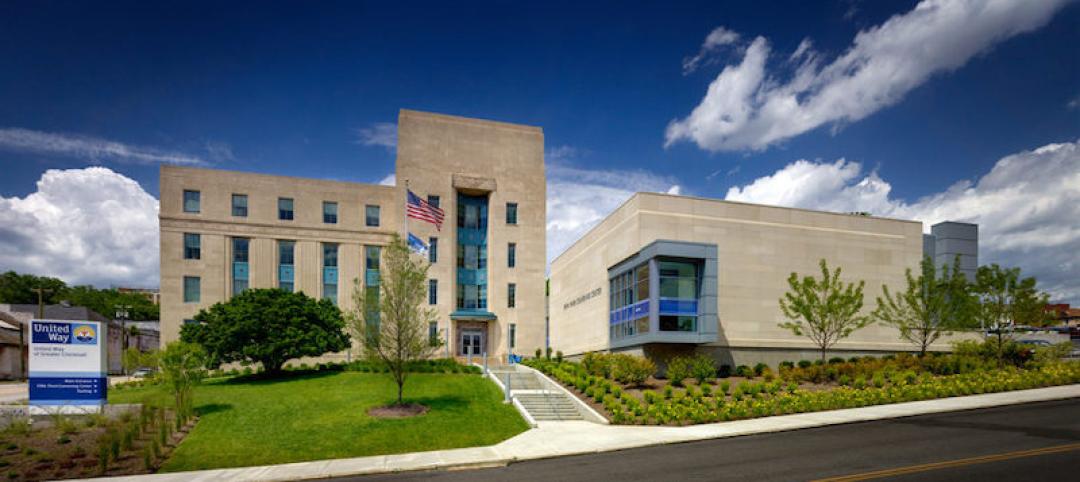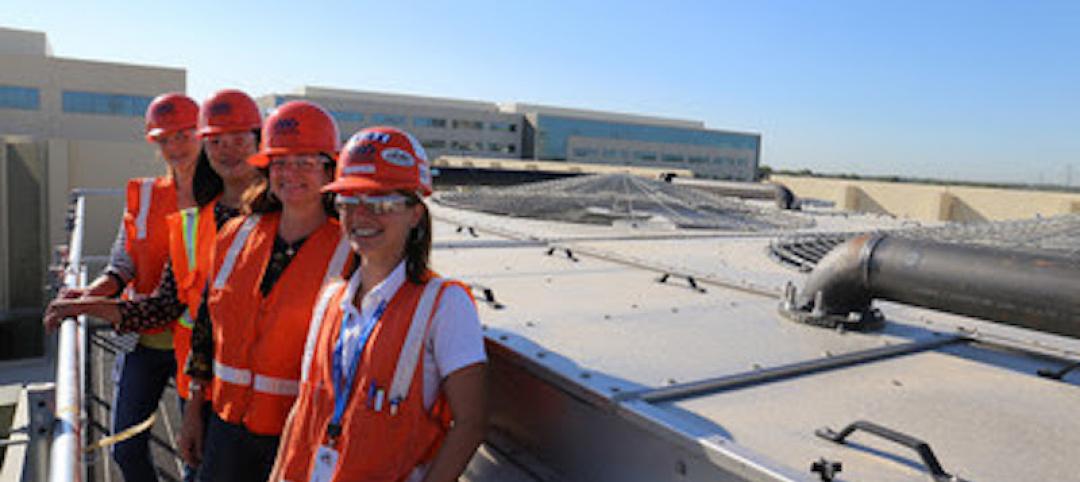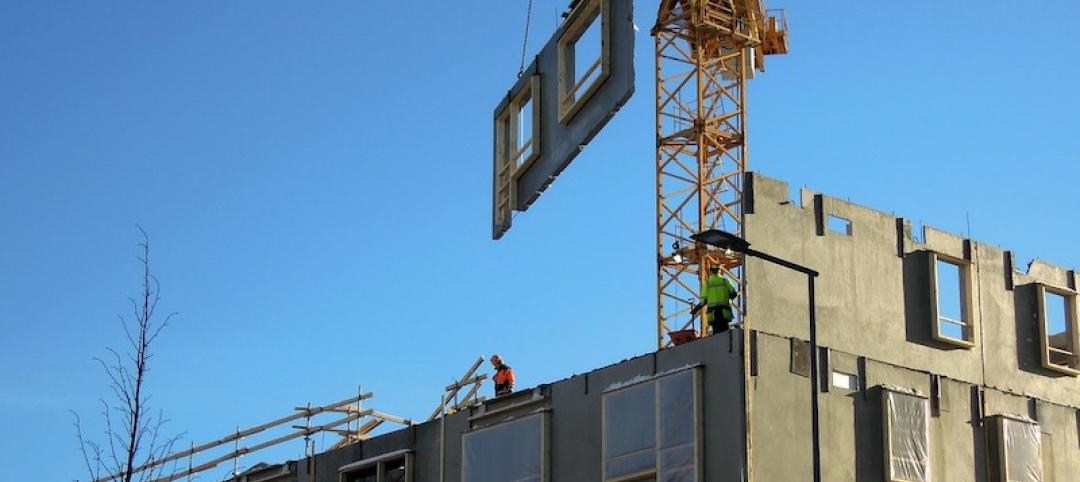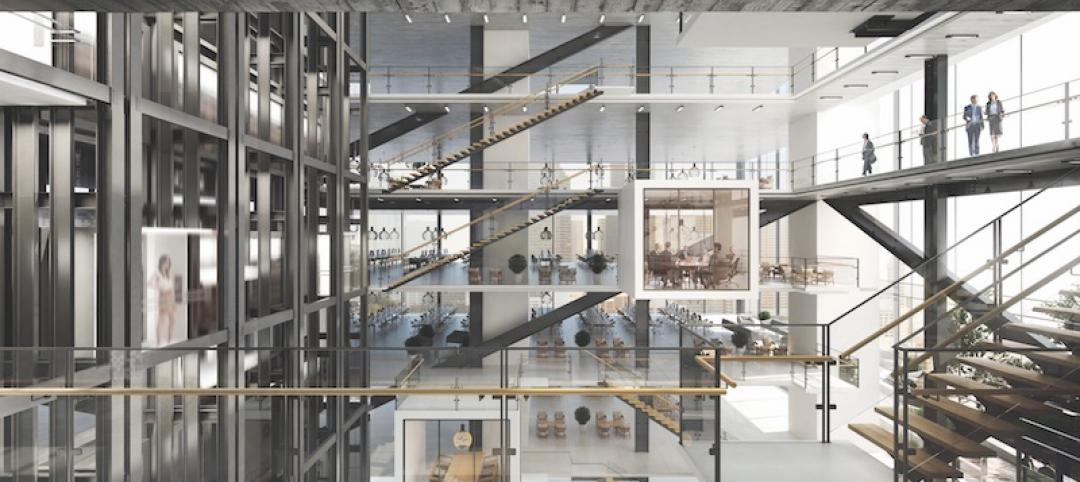The recently released 2018 Commercial Buildings Energy Consumption Survey (CBECS) by the U.S. Energy Information Administration found that the total floorspace in commercial buildings has increased but energy consumption has not, compared with the last survey analyzing the landscape in 2012.
This difference indicates that the consumption per square foot (energy intensity) has decreased, which means that its efficiency has likely increased. The 2018 data showed a decrease in energy intensity of 12% since 2012, from 80,000 Btu per square foot to 70,600 Btu per square foot. Between 2012 and 2018, electricity intensity decreased 14%, and natural gas intensity decreased 11%.
Inpatient healthcare buildings had a 16% decrease in energy intensity in what was the largest change of any building type. Despite this decrease, though, inpatient healthcare buildings were still among the most energy-intensive types of buildings, along with food sales and food service.
Warehouses—the most common commercial building type as of 2018—were among the least energy-intensive building types, along with vacant buildings and those used for religious worship. Decreases in energy intensity are driven by improvements in building operations, materials, and design, as well as heating, cooling, and lighting technologies. Use of highly efficient LED lighting has spiked from 9% of commercial buildings in 2012 to 44% in 2018.
Related Stories
Coronavirus | Mar 30, 2020
Learning from covid-19: Campuses are poised to help students be happier
Overcoming isolation isn’t just about the technological face to face, it is about finding meaningful connection and “togetherness”.
Building Team | Jan 31, 2020
Red Wing unveils a work boot designed by women, for women
The boots are available now.
Libraries | Jan 23, 2020
Information or community center: The next generation of libraries must be both
Are libraries still relevant in a digital world?
Building Team | Dec 9, 2019
The right funding mechanism can help move your project forward
The following case studies illustrate some of the ways we’ve helped our clients navigate different tax credits.
Building Team | Nov 12, 2019
Autodesk and AGC to provide construction industry with custom-fitting safety harnesses for women
Construction technology provider and national trade organization launch grant program to help address industry need for better-fitting personal protective equipment (PPE) for women working at heights.
Building Team | Oct 7, 2019
Contractor Giants are all in on offsite construction
Speed, quality, advanced coordination, and schedule gains are commonly cited as benefits of offsite construction.
Building Team | Jul 17, 2019
12 key features your AEC website could be lacking
Today’s A/E/C firms can no longer rely on the brochure-style websites of the past.
Building Team | May 21, 2019
Real estate learns to share
The sharing economy puts a different spin on new construction and building operations.
Building Team | Mar 22, 2019
AEC firms go outside the box
A look at six products and companies incubated by AEC firms for commercial sale.
Building Team | Feb 19, 2019
Strategies and tools to help navigate a successful M&A
Based on Hinge’s industry research, smaller firms typically spend a higher percentage of revenue on marketing and business development efforts for the same return.

















